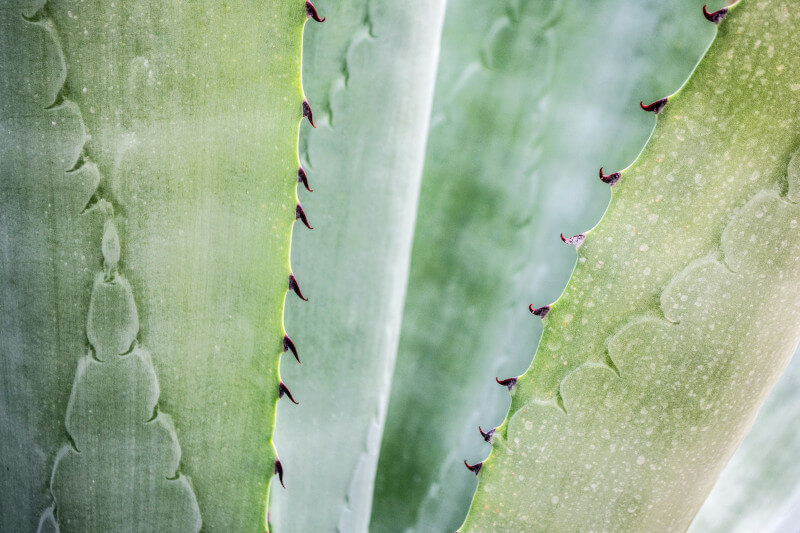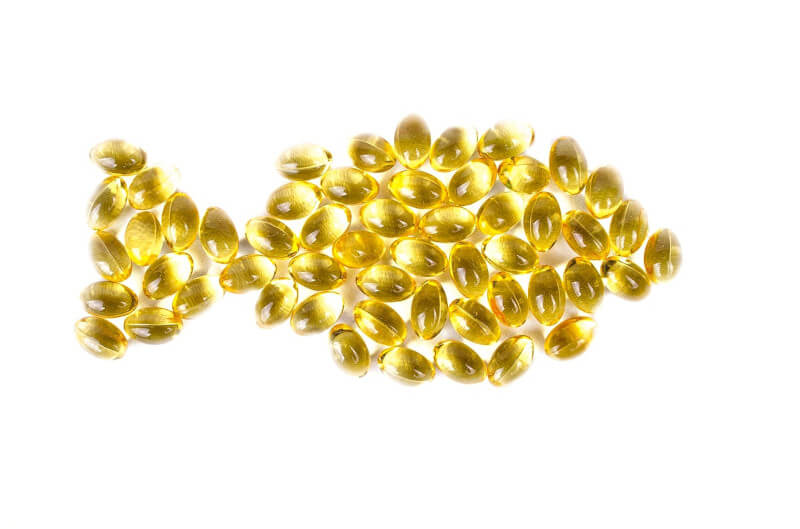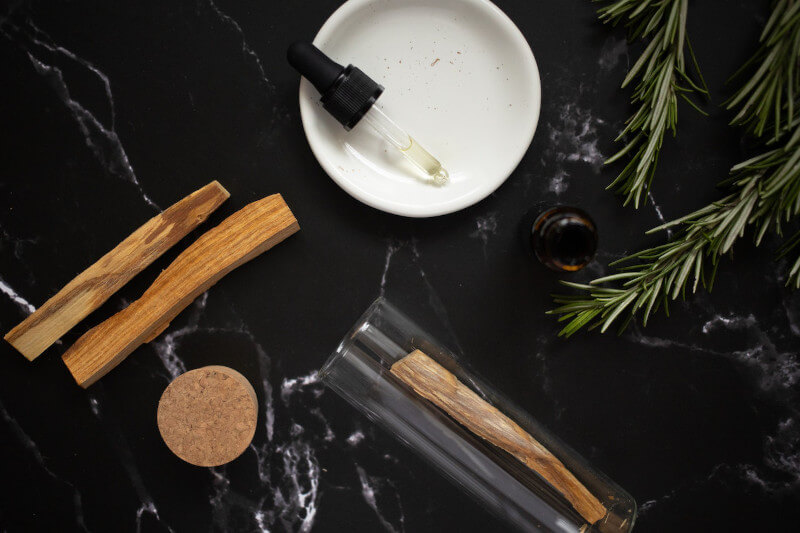Hair loss and thinning can be difficult to treat, and you may need to try a few different approaches before finding one that works. Hair regrowth is not possible for those with some forms of baldness or medical conditions that lead to hair loss. Some people have had success with natural treatments for hair regrowth, though. We have compiled a list of the top 10 all-natural remedies for hair loss and regrowth.
Therapeutic Massage
Stimulating the scalp through massage, which can be amplified with natural oils and masks, can potentially lead to thicker hair. Stimulating the dermal papilla mitochondria at the base of each hair follicle by stretching them out is thought to promote hair development and volume. These cells are crucial to the development of hair, the hair growth cycle, and the thinning and new growth of hair.
Hair growth, blood circulation, and the overall health of the scalp were all boosted in a study, which was conducted in 2019. If anxiety and tension are contributing factors to your hair loss, massaging your scalp every day may help alleviate those symptoms. Instead of using your fingernails, focus on massaging your fingertips into your scalp. Apply light to moderate pressure as you move in small circular motions across your scalp. Remember to exercise patience and consistency.
Aloe Vera

For a long time, people have relied on aloe vera to combat hair thinning. Both the scalp and the hair are conditioned by this. Dandruff is diminished, and clogged hair follicles are freed of oil. Aloe vera gel, in its purest form, can be applied to the scalp and hair several times weekly. There are also aloe vera-based hair products on the market, such as shampoo and conditioner.
Olive Oil
The fatty acids, specifically lauric acid, are capable of getting down into the hair strand, thereby minimizing protein loss. Based on your hair type, you can apply coconut oil either before or after shampooing your hair. Oily hair can benefit from a leave-in treatment that is applied the night before washing and left in for a couple of hours. Work some coconut oil into your scalp and through your hair. It can also be used as leave-in care if your hair is feeling dry. Coconut oil has been proven to moisten the hair strand and inhibit breakage, but more studies are needed to see whether or not it also promotes hair growth.
Omega-3 fatty Acids from Fish

Considering that omega fatty acids are packed with nutrient content and peptides, consuming them can boost your hair from the inside out. Combining the use of antioxidants with the consumption of an omega supplement increases hair concentration and radius. Click here to find Omega-3 supplements online. The inner workings of molecules and a bolstered immune response are just two of the numerous advantages of omega-3 fatty acids. Take dietary supplements only as directed by the manufacturer and talk to your doctor before starting any new regimen.
Ginseng Consumption
Hair follicles can be stimulated to speed up the growth of new hair with the help of supplements. The beneficial effects of ginseng on hair are attributed to ginsenosides, the plant’s active components. Always follow the recommended dosage and look into any potential adverse reactions before taking a supplement.
Juice From Onions
The benefits of onion juice may outweigh the unpleasant odor. Alopecia areata is an immune-mediated disease in which the body damages the hair cells, resulting in blotchy hair loss. Onion extract has been found to stimulate hair growth and effectively treat this form of alopecia. Blend some onions and strain out the juice to make onion juice. Don’t wash the juice out for a minimum of 15 minutes after applying it to your scalp and hair. After that, shampoo your hair.
Rosemary Oil

The essential oil of rosemary is widely used as a treatment for thinning hair and balding. The use of rosemary oil regularly can help with hair loss and even treat androgenic alopecia. Massage a carrier oil (such as argan or jojoba oil) containing several droplets of rosemary oil into your scalp and hair, then wash it out. This is something you can do several times weekly. Several droplets of rosemary oil in your regular hair care routine can also do wonders. It is best to dilute essential oils with a transporter oil or shampoo before applying them to the skin.
Rose Geranium Oil
Pelargonium graveolens, more commonly known as geranium, is an aromatic plant that grows in South Africa. Oil distilled from geranium leaves is a potent essential oil with a floral, herbaceous aroma. Oil derived from geraniums (a trusted source) has been shown to stimulate blood flow, which in turn stimulates hair growth. Simply apply a mixture of 3 drops of geranium essential oil to eight drops of carrier oil and rub it into your hair. Add a small amount to your conditioner and shampoo for added benefits. In addition to restoring strength and moisture, geranium oil can also help repair damage to your hair.
Lemon
Both fresh lemon juice and lemon oil have been shown to increase hair freshness and growth. The use of lemon oil has been linked to a wholesome scalp and increased hair growth. To prepare your scalp and hair for shampooing, apply fresh lemon juice to it 15 minutes beforehand. A hair mask that includes lemon essential oil watered down in carrier oil is a great option.
The Most Frequently Requested Inquiries About Growing Your Hair Out Naturally
When Combining Other Treatments, Can I Still Use Hair’s Natural Regenerative Methodologies?
Hair regrowth from natural causes can be challenging and may require a multifaceted strategy. Discuss your plans to combine medical and natural treatments for hair loss with your physician to rule out any potential complications.
Where Does the Hair Go and Why Does It Fall Out?
A variety of factors can contribute to hair thinning or loss. There may be a familial link in some instances. Hair loss can also be the result of an autoimmune disorder, extreme stress, a recent medical procedure or illness, the use of harsh chemicals on one’s hair (such as bleach or dye), a weakened scalp, or a lack of essential vitamins and minerals. Hormonal problems and thyroid illness can also lead to hair thinning. Over time, hair loss can also be caused by constantly tugging at your hair or wearing a tight hairstyle.
How Much Hair Is Supposed to Naturally Falling Out?
The average person loses between 50 and 100 hairs per day. Although this seems like a lot, it’s a drop in the bucket compared to the 100,000 hair follicles on your head. In cases where excessive hair loss is accompanied by other side effects such as exhaustion, anxiousness, itchiness, and emotional changes, a visit to the doctor is warranted.
Conclusion
Make a plan and stick to it if you want better hair. Keep in mind that it could take the treatments a few months before they begin showing results. Don’t be afraid to experiment with different combinations of remedies to see what works best. You need to give your hair the care and attention it deserves every day. If you suspect that emotional or stress-related factors are contributing to your hair loss, taking this step and engaging in self-care is a good idea. Maintaining a healthy lifestyle will aid in the effectiveness of your hair treatment, so do what you can to do so. If these non-invasive strategies are unsuccessful, talk to your doctor about other options.







